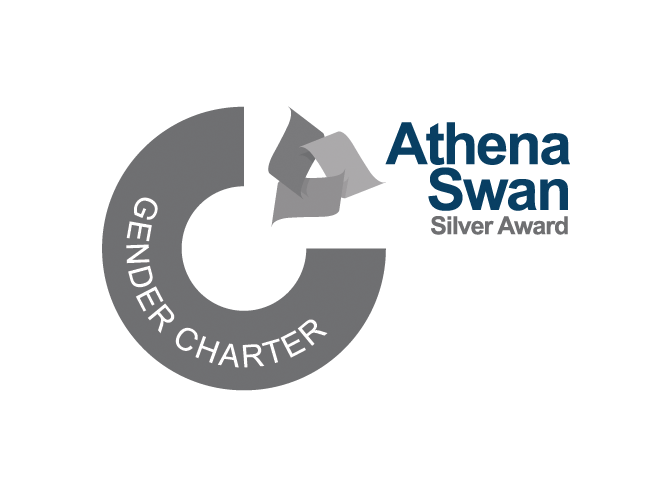You are here
- Home
- Applied Maths and Theoretical Physics Seminar: Every raindrop has an exceptional history
Applied Maths and Theoretical Physics Seminar: Every raindrop has an exceptional history
- Dates
- Thursday, January 25, 2024 - 14:00 to 15:00
Speaker: Michael Wilkinson (The Open University)
Abstract: Rainfall from ice-free clouds requires collisions of approximately one million microscopic droplets to create every raindrop. The collision rate for the first few droplet coalescences is very low, typically less than one per hour. However, the onset of rain showers can be surprisingly rapid, much faster than the mean time required for a single collision. One possible explanation is that every raindrop is the result of a sequence of exceptionally rare events, where the first few collisions happen unusually quickly.
The talk will discuss whether large-deviation theory can give a quantitative justification of this suggestion. The calculation shows that a rain shower can occur on a timescale which is less than the mean time for the first of the approximately one million collisions which must occur to make each raindrop. Recent results on the growth history of those 'lucky' droplets will be presented.
The result of this large deviation theory calculation does not fully resolve the difficulties in explaining rainfall, and it is desirable to find some additional mechanisms to explain the initial growth of those rare droplets that become raindrops. I shall discuss recent results on the role of Ostwald ripening.
I will also suggest a principal which may hold for atmospheres on other planets.
The results on large-deviation theory were described in
M. Wilkinson, Large Deviation Analysis of Rapid Onset of Rain Showers, Phys. Rev. Lett., 116, 018501, (2016).
M. Wilkinson, Quantifying the Lucky Droplet Model for Rainfall, J. Stat. Phys., 190:37, (2023).
The results on Ostwald ripening reflect a collaboration with Boris Veytsman and Siddhansh Agarwal.

